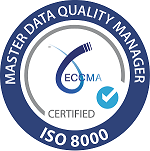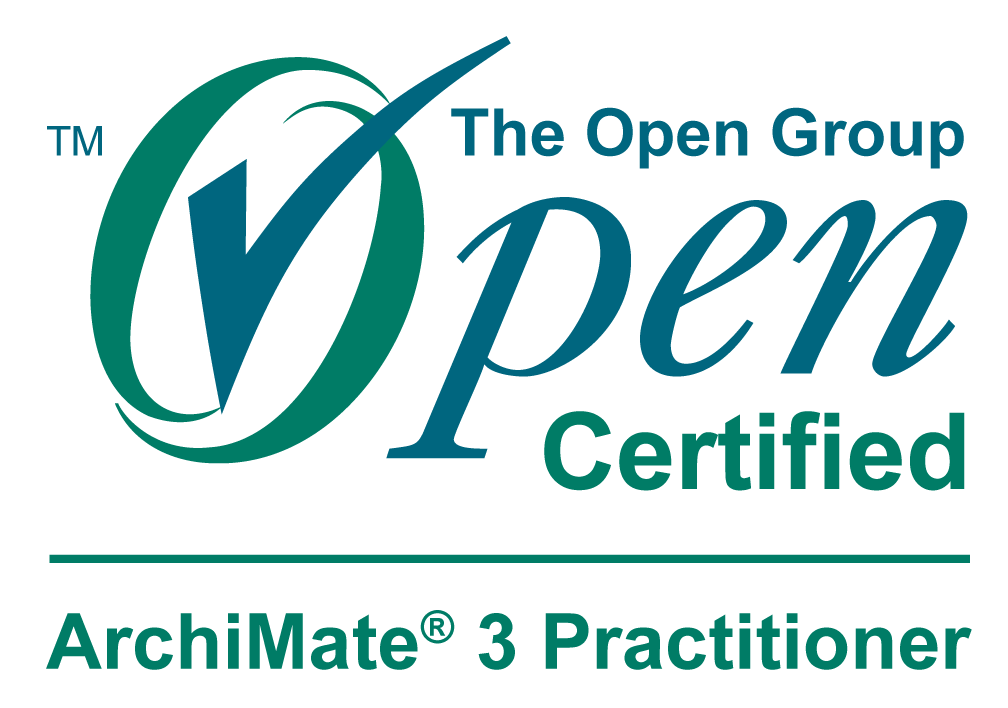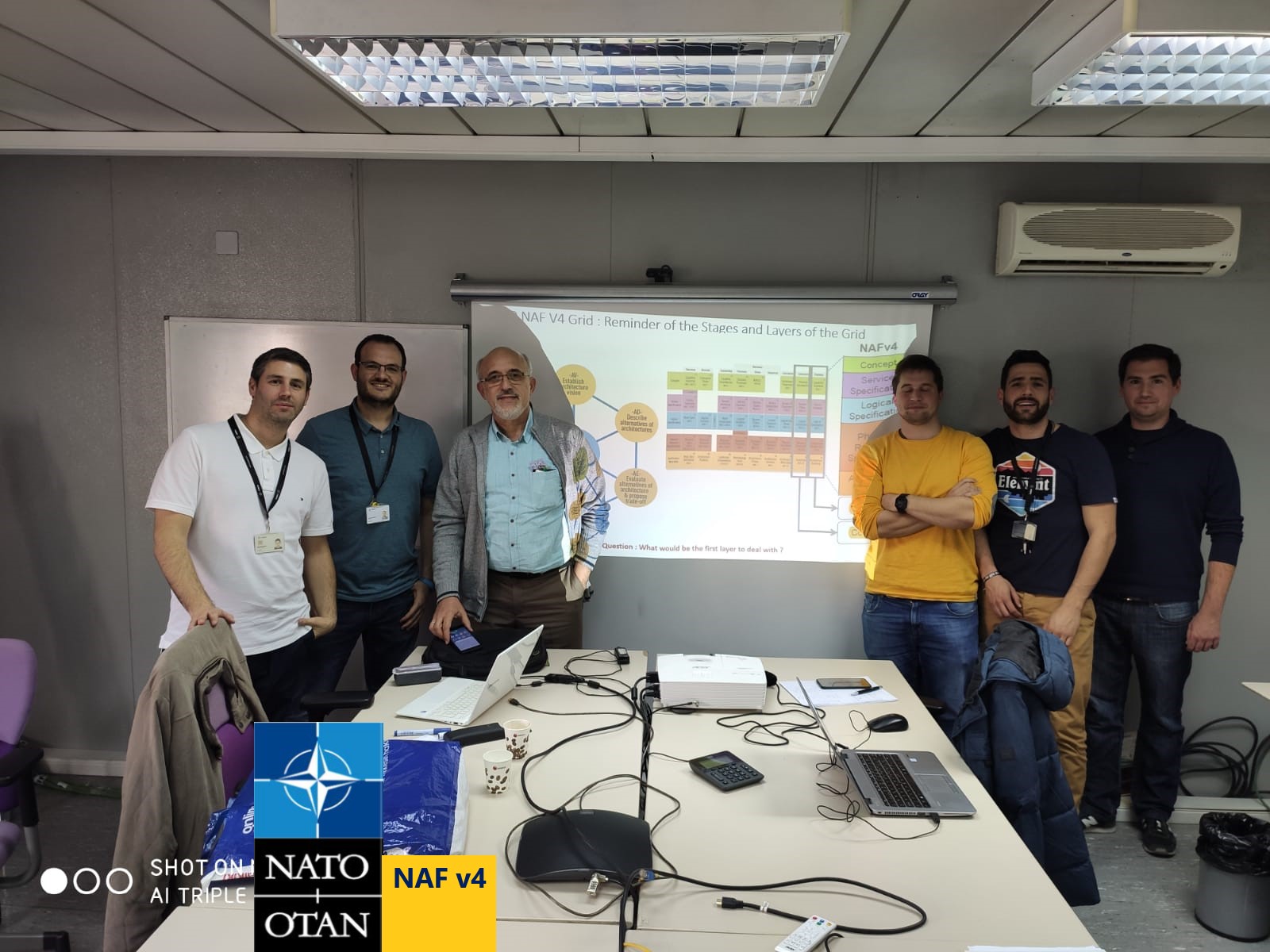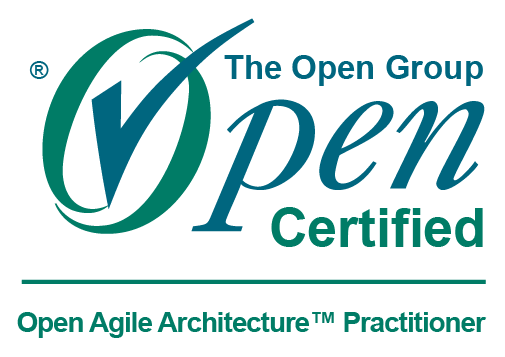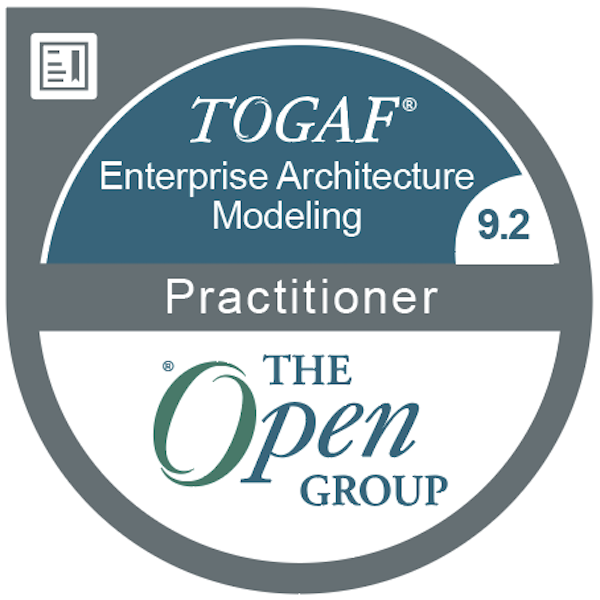The NATO - NAF v4 Training to build MBSE Architectures aligned to 'Desired Effects'
How to Align Enterprise and System Resources to Changing Strategies using the NATO NAF v4 Framework
Understanding the OMG's Unified Architecture Framework (UAF) and NAF v4 - the NATO Architecture Framework where UAF is used as an enabler :
A four days Strategy-Driven MBSE training (optionnaly complemented by an additional day to focus on hands-on with Cameo or Sparx EA modeling tool).
The training focuses on the usage of the NATO NAF v4 framework using SysML and particularly with the Sparx EA Plug-in developed by German and Swiss Armies.
UAF and NATO NAF v4 are today adapted to the concerns of Government & Industries to capture the complex dependencies that exist in large-scale systems of systems (SoS).
You will learn in this training how to put them into practice using appropriate exercices through an end-to-end case study.
Objective : This training aims at helping attendees understand how to efficiently use the new NATO NAF architecture framework (NAF v4) to align the asset management of operational systems to organization goals and strategies.
NAF v4 is based on the OMG's Unifed Architecture Framework (UAF) Views while its architecture development methodology ensures an efficient management of the NAF Viewpoints orchestrated being based on the 'Architecture Motivation Data' , the central entity of the NAF Methodology.
Understanding concepts of the NATO NAF Architecture Framework is very beneficial as the latter allows description of various stakeholder concerns associated with a system, such as security, information and measurements through a set of predefined viewpoints and their mapping to the corresponding views in the NAF v4 Grid of Viewpoints.
On the other hand, the Architecture Stages of the NATO NAF v4 Methodology helps to understand how to make use efficiently of these views to ensure coherence while enabling traceability from high-level goals till personal and physical resources that need be deployed to realize them.
Concepts and techniques explained during the course are progressively applied by the attendees using an end-to-end case study and different exercises on it.
Prerequisites : Knowledge in Modeling with UML, SysML or ArchiMate is beneficial but not necessarily required as each model based view of the architecture and its strategic alignment will be explained using examples on a case study.
Participant Profiles : Strategists, Enterprise Architects, System Architects, Business Analysts, System Analysts, System and Software Designers
Detailed Description
- Introduction : Background
-
- Model Based System Engineering Initiatives and Panoplies
- What is an Enterprise Architecture ?
- Why Architecture Matters ?
- How to describe an Architecture ?
- How Enterprise Architectures enable the Decision Making ?
- UAF and NAF : Aligning Strategies, Capabilities and System Resources for an Agile Decision Making and Execution
- What is inside the UAF and NAF ?
- How UAF and NAF work ?
- Using UAF / NAF in System Engineering
- Viewpoints and Views Definitions in UAF and NAF
- How the UAF / NAF fit with the System and Software Engineering Life Cycle ?
- Foundation for Architecting : Architecting Principles (Foundation for Best Practices)
- Main Architecture Processes, Architecture Governance and Styles
- Architecture Enablers and Architecture Life Cycle
- UAF Domain MetaModels (DMM) : Needs for a Methodology to describe and develop them
- How does the NAF Methodology help to describe UAF Domains and Model Kinds (Subjects of Concern and Aspects of Concerns in NATO NAF v4 Grid) ?
- Managing the Architecture Motivation Data and Architecture Policy
- Architecting Stages, Architecting dynamics, Multi-tier architecting
- Correspondences between NAF viewpoints and the ArchiMate metamodel layers / elements
- UAF and NAF Architecture Views
- The UAF Strategic View and the NAF Concepts View
- The UAF Operational View and the NAF Logical Specification View
- The UAF Services View and the NAF Service-Specification View
- The UAF Personnel, Resources and Security View and the NAF Physical Resource Specification View
- The UAF Meta-Data View and the NAF Meta-Data View
- Other UAF views : Projects, Standards, Actual Resources, Dictionary, Requirements, Summary and Overview, Information and Parameters
- Presentation of Cameo and Sparx EA,
- Overview of the Enterprise Architecting Activities, Domain Meta-Model (DMM), Stakeholder Concerns and Viewpoints using the modeling tool,
- How to ensure traceability links between domains (subjects) and model kinds (aspects) ?
- Meta-Data Viewpoints : How to correctly initiate description of the system of interest ? Where do we need to define the Enterprise Vision and Operational Missions using the modeling tool ?
- UAF Strategic Viewpoints / NAF Concepts Viewpoints : Alternatives to develop different aspects of concern using the tool
- How to ensure traceability between the Strategic Concepts and the UAF / NAF Service-Specification Views ?
- Description of UAF Operational / NAF Logical Specification Views and Traceability from Service Views using NAF v4 Perspective in Cameo
- Traceability between UAF Operational and NAF Physical Resources using Cameo
- How to integrate the NATO's Federated Mission Network (FMN) Spirals following a clear and traceable path ?
- The above aspects of the framework will be presented step by step first based on Objectives then through their supporting Meta-Models and finally by focusing on their implementations with Cameo or Sparx EA
NAF Methodology for Aligning Systems to Desired Effects through Views using Cameo and Sparx EA
Advantage of taking the NAF v4 Training from GooBiz :
- Concepts are explained throughout an end-to-end case study using Cameo and Sparx EA tool based illustrations - respectively through screenshots and live tool based demo that focus on traceability between views.
- This allows attendees to better understand how to implement concepts of the NAF v4 through concrete examples.
- Please note that in addition to the NAF v4 metamodel elements that some military institutions use when implementing the NATO NAF v4 framework without supplementing them with ArchiMate values, specifying these “values” as direct support to “effects” is essential because they help to better understand how effects should be effectively realized, updated and tested to ensure more decisive and faster “sensor-shooter” systems of systems.
- Additionally, if you need to train your team on how to use the Sparx EA NATO NAF v4 plug-in tool, we offer this hands-on training on an additional training day.
For an overview on Aligning MBSE to Desired Effects using NATO NAF V4 please click here
NAF is a trademark of the NATO ; TOGAF and ArchiMate are trademarks of The Open Group
UAF, UML, and SysML are trademarks of the Object Management Group (OMG).
